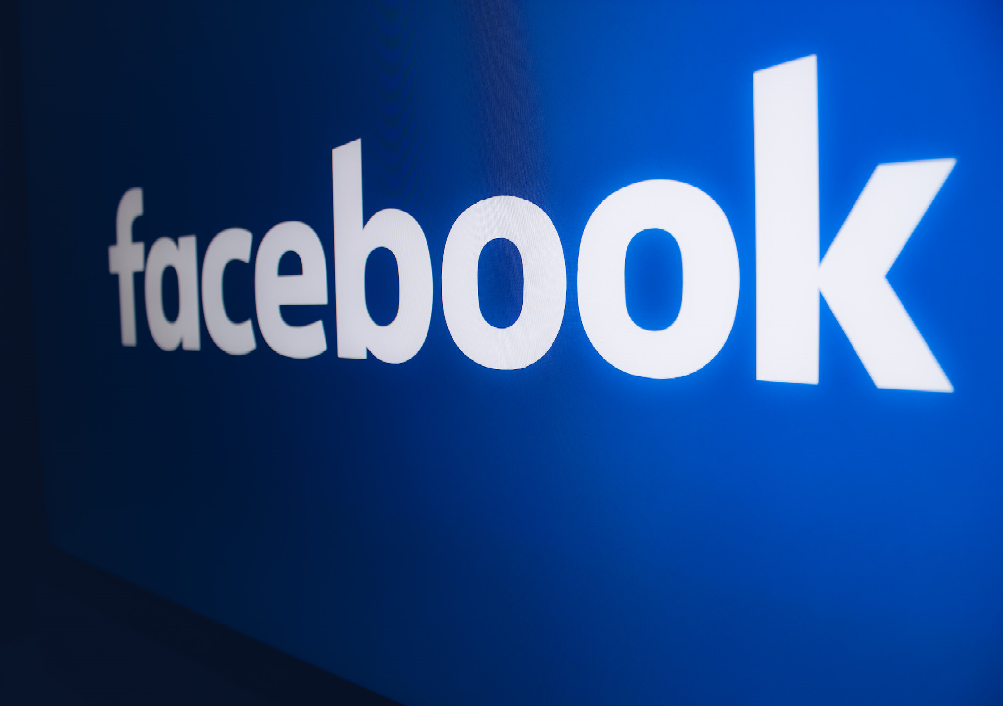U.S. Supreme Court backs Facebook in case about unwanted texting

By LE Desk
Washington, April 2: The U.S. Supreme Court on Thursday made it easier for businesses to pester consumers with phone calls or text messages by tossing out a lawsuit accusing Facebook Inc of violating a federal anti-robocall law.
The justices, in a 9-0 decision authored by Justice Sonia Sotomayor, sided with Facebook over its argument that text messages the social media company sent did not violate a 1991 federal law called the Telephone Consumer Protection Act (TCPA), Reuters reported.
The case highlighted the challenge for the justices in applying outdated laws to modern technologies. The ruling sparked calls for the U.S. Congress to update the law, enacted three decades ago to curb telemarketing abuse by banning most unauthorized robocalls.
“By narrowing the scope of the TCPA, the court is allowing companies the ability to assault the public with a non-stop wave of unwanted calls and texts, around the clock,” Democratic Senator Edward Markey and Democratic Representative Anna Eshoo said in a joint statement.
The court ruled that Facebook’s actions – sending text messages without consent – did not fit within the technical definition of the type of conduct barred by the law, which was enacted before the rise of modern cellphone technology.
The lawsuit was filed in 2015 in California federal court by Montana resident Noah Duguid, who said Facebook sent him many automatic text messages without his consent. The lawsuit accused Menlo Park, California-based Facebook of violating the Telephone Consumer Protection Act’s restriction on using an automatic telephone dialing system.
Facebook said the security-related messages, triggered when users try to log in to their accounts from a new device or internet browser, were tied to users’ cellphone numbers.
“As the court recognized, the law’s provisions were never intended to prohibit companies from sending targeted security notifications and the court’s decision will allow companies to continue working to keep the accounts of their users safe,” Facebook said in a statement.
Sergei Lemberg, Duguid’s lawyer, said anyone could steer clear of liability under the law as long as they use similar technology to Facebook’s.
“This is a disappointing ruling for anyone who owns a cellphone or values their privacy,” Lemberg added.
In this instance, the lawsuit asserted that Facebook’s system that sent automated text messages was akin to a traditional automatic dialing system – known as an autodialer – used to send robocalls.
“Duguid’s quarrel is with Congress, which did not define an autodialer as malleably as he would have liked,” Sotomayor wrote in the ruling.
The law requires that the equipment used must use a “random or sequential number generator” but the court concluded that Facebook’s system “does not use such technology,” Sotomayor added.
https://www.reuters.com/article/us-usa-court-facebook-idUSKBN2BO5UA
Sign up for our weekly newsletter to stay up to date on our product, events featured blog, special offer and all of the exciting things that take place here at Legitquest.




Add a Comment